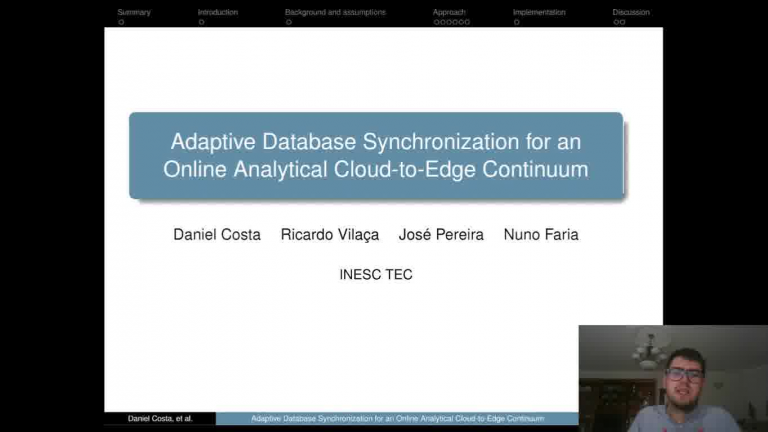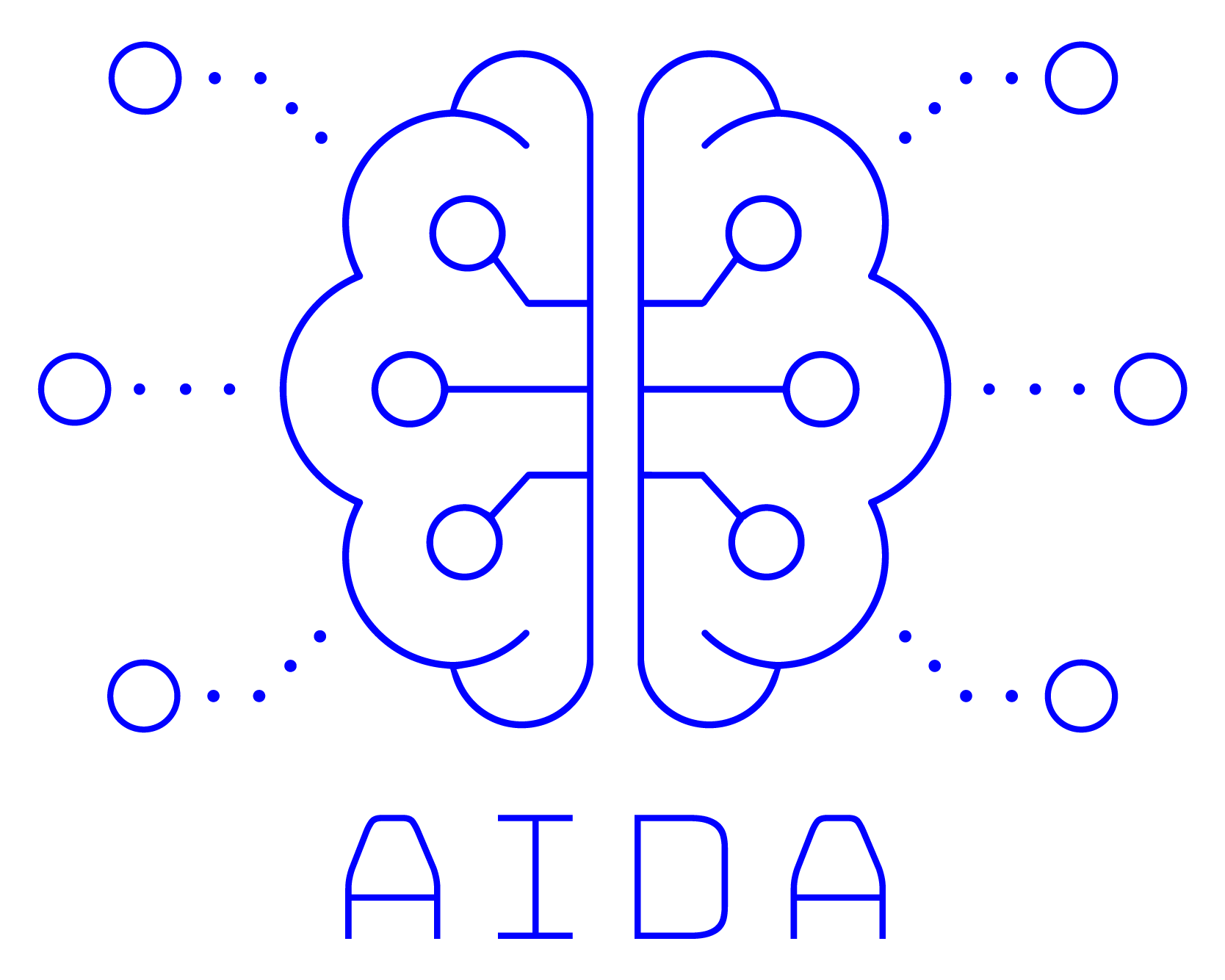AIDA paper presents a mechanism that ensures better performance and reduces costs in IoT devices

“Adaptive Database Synchronization for an Online Analytical Cloud-to-Edge Continuum” is the new paper of the AIDA project, which was presented this week at the ACM Dependable, Adaptive, and Secure Distributed Systems (DADS 2022).
Internet of Things devices are generally underpowered, but they exist in large volumes and are located very close to where the data is captured. The use of these devices is increasingly common in the industry, agriculture, running cities, and even at homes. Because of their limitations, the data is traditionally transferred periodically to dedicated servers. However, this approach means that data analysis can quickly become outdated. Furthermore, it is not possible to known in advance which data will be relevant, meaning that certain data is transferred over the network unnecessarily.
This paper focuses on a a mechanism developed to, on the one hand, transfer only the data necessary to answer the question, and on the other hand, enable real-time analysis. This way, data is ideally transferred only once – and only the necessary one. “This reduces the impact on the network and the devices, thus offering better performance and reducing costs. The mechanism also allows one to adapt to network and device characteristics to get the best performance out of them.”, said Daniel Costa, one of the authors of the papers and a researcher at INESC TEC.
This design can be used, for example, in an anomaly or failure investigation, allowing captured data to be exploited in real-time without having to transfer everything over the network.
Read the full paper here.
© AIDA, 2023
